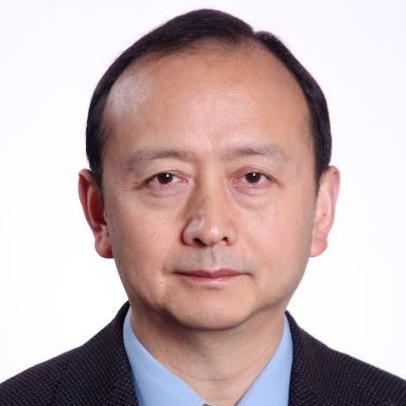“Regrettably nothing has been achieved in the current round of talks” and “the negotiation has reached a deadlock” were the comments by the Syrian government and opposition negotiators respectively after the five-day second round of peace talks ended on February 14 in Geneva.
It is certainly regrettable but not beyond expectation. Both sides have been poles apart on what should be the prime issue in the negotiations. The opposition argues that the first to be accomplished should be the set-up of a transitional authority, which naturally necessitates the step-down of President Bashar al-Assad. The Syrian government, on the contrary, insists that the top concern should be the terrorism in the country. It argues that, according to the Geneva Communiqué, ceasefire and anti-terrorism moves should precede the establishment of a transitional government. Damascus still regards Bashar’s status as the “redline”.
In fact, the holding of the Geneva talks was in itself a major progress in both sides’ moves towards a political solution to the Syrian crisis. What is the most important at the moment is an immediate ceasefire and stop of violence in the country. All parties should reach a consensus under the framework of negotiations and effective measures should be taken to guarantee that the dialogue continues and the political efforts for peace do not stop. These efforts are vital for averting the humanitarian disasters in Syria. Any move and every bit of goodwill taken and shown by any of the conflicting parties towards peace will save a lot of lives and reduce the people’s sufferings. In the first round of the peace talks, the conflicting parties reached an agreement for a temporary ceasefire, which was later extended for three more days, in the old city of Homs. The break allowed many civilians to be evacuated to safety and relief supplies to be delivered to the public in cold and hunger.
Therefore, it is now urgent for the international community, humanitarian organizations and relevant UN agencies to try every bit of effort to protect civilians and reduce bloodshed there. The three-year long crisis has proven that military means wouldn’t bring “decisive victories” as any party in Syria has expected but would only cause severe casualties, engender extremism, lead to greater humanitarian disasters and intensify the instability of the region. A political solution of the crisis is the only way to end the bloodshed and realize peace in Syria.
Not long ago, US President Barack Obama asked his state security team to devise more alternatives for Syrian solution. Top insiders in Washington said the United States had always been weighing different alternatives and never excluded the use of force. It is true. The US Air Force and Navy troops stationed in the Mediterranean showed no sign of leaving and the military strike plan against Syria has remained on the desk of the Oval Office. However, the least lacking in today’s Syria is military force.
Ancient Chinese strategist Sun Zi wrote in his famous Art of War “military action can be taken if it is beneficial, otherwise it shouldn’t be started.” As the situation in Middle East has become chaotic with a complex of factors spawning terrorist forces, a military invention is no longer “beneficial” to the solution of the problem. The reality in Syria is telling us that relevant parties should adopt a new angle for thinking about the situation and going into co-operation.
Given the present situation, it is particularly important for the UN Security Council to play a leading role in promoting peace talks and alleviating tensions in Syria. The permanent members of the Security Council should join hands to urge the country’s conflicting parties to start a third round of talks and should press them to go on until a solution acceptable for both sides is reached. The international community should not slacken its efforts.
When US Secretary of State John Kerry visited China a few days ago, the Syrian crisis was one of the major issues he discussed with the Chinese side. The Syrian issue has been an important topic in the Sino-US strategic dialogue since the dialogue mechanism was established two years ago. Promoting a political solution to the Syrian issue is an important part of the co-operation between China and the US.
Syria needs peace. The Middle East and the whole world need peace. Maintaining peace is the responsibility of the world’s major powers.
Wu Sike is a member on the Foreign Affairs Committee of the Chinese People’s Political Consultative Conference and member on the Foreign Policy Consulting Committee of the Ministry of Foreign Affairs.




